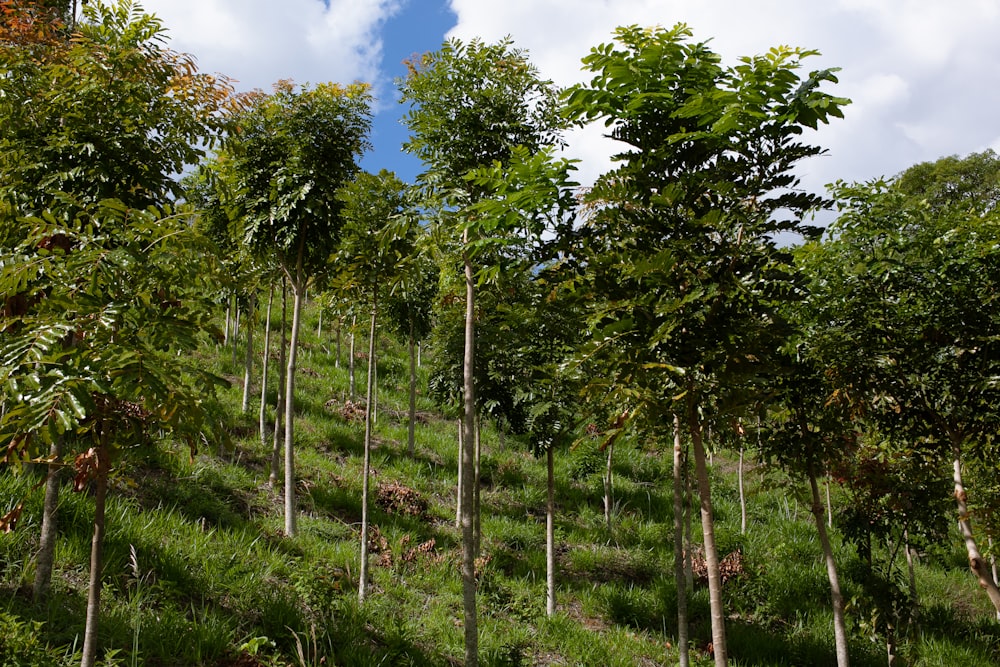An underappreciated climate change risk

Land-based nature-based solutions (NbS) could deliver ~11.8 Gt CO2e per year of cost-effective carbon mitigation, according to a recent report by Climate Focus and the Food and Land Use Coalition (FOLU). This chimes with the conclusions of other academic estimates that suggest that 8-14 Gt CO2e could be mitigated per year.1
However, academic studies rarely consider what’s realistic in practice.
There are significant barriers in the way of broader adoption, including political, economic, social, spatial, and legal factors. Based on these constraints Climate Focus/FOLU estimate that land-based NbS has a realistic mitigation potential of 2-3.6 Gt CO2e per year by 2030, rising to 3.2-5.1 Gt CO2e per year by 2050.
Overall, based on this analysis at least, NbS could realistically deliver ~12% of the mitigation needed by 2030 to be on course for 1.5°C by 2050.2
Climate Focus/FOLU analysis suggests that improved agricultural practices have the potential to deliver the bulk of the mitigation (43%, 1.15 Gt CO2e). Avoided deforestation, the dominant NbS category today, is next (32%, 0.86 Gt CO2e), followed by afforestation/reforestation (11%, 0.28 Gt CO2e), improved forest management (7%, 0.19 Gt CO2e), and the restoration and conservation of wetlands (7%, 0.19 Gt CO2e).
Carbon sequestration via agriculture only really makes sense when there are dramatic economies of scale to exploit. The cost involved with project development, testing, monitoring and then introducing technology to improve the management of the land, not to mention the long timescales involved, mean that only the largest farms can currently exploit and take advantage. It’s for this reason that the practice is only really gaining traction in the United States and Australia (see Carbon farming puts a value on dirt: Soil carbon sequestration is the next frontier of the carbon market).
Are the NbS mitigation estimates realistically going to be achieved over the rest of the decade?


